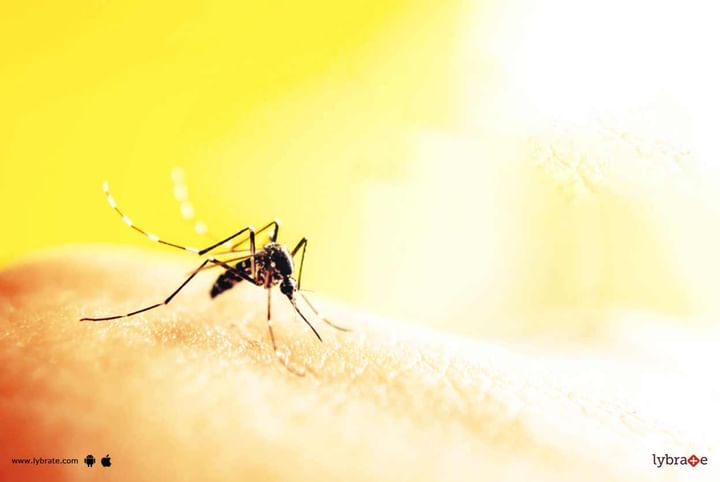Chikungunya Fever - Causes, Symptoms And Treatment Of It!
The tiny mosquito can pose a lot of health issues. While malaria was the only dreaded disease until some time ago, the incidence of chikungunya is constantly on the rise. In fact, the nonspecific symptoms and absence of vaccination make it extremely difficult to prevent and diagnose this in the early stages.
Causes: First described in the African continent (Tanzania), the word chikungunya means “to walk bent over” in the Makonde or Kimakonde language. This appearance is because of the effect on bones, leading to severe bone and joint pains. More than 90% of the people who are bitten by the infected mosquito develop symptoms.
Chikungunya is a member of the Togaviridae family and is transmitted by bites of the infected female mosquito. In rare cases, the infection can spread through blood transfusions of the infected person.
After entering the bloodstream, it divides and multiplies rapidly in different types of cells including epithelial cells, endothelial cells, and connective tissue cells. These produce the symptoms including the rashes and the joint pains.
Symptoms: The challenge with chikungunya is that there is no specific, telltale symptom indicative of the condition. The patient develops nonspecific symptoms as below, somewhere between 4 to 7 days after the infected mosquito bite.
-
High fever (as high as 40 degrees Celsius)
-
Pain involving multiple joints which can be debilitating
-
Headache
-
Muscle pain
-
Skin rashes
-
Swelling around the joints
Though the disease is not fatal, it can be quite limiting. The fever and other symptoms may disappear within a week, but the joint pains can last up to 6 months to a year.
Diagnosis: A blood test is the most diagnostic test for confirming the disease. Dengue fever and Zika virus need to be ruled out, as their presentation is very similar.
Treatment: There is no definitive treatment for this condition and it is mostly symptomatic.
-
The patient is advised rest to recover from the fever and fatigue
-
Pushing fluids, including juices and electrolytes is recommended to prevent dehydration
-
Fever needs to be managed with antipyretic medications
-
Joint pain can sometime lasts for 1 year and patient may find problem with daily activities. It can, however, be managed with nonsteroidal painkillers
-
Avoid aspirin as it increases the tendency to bleed
-
Check with your doctor to see if your regular medications need to be revisited
There is no vaccine to prevent chikungunya, though virus like particles that can be a potential vaccine are in the final stages of trials. Prevention of mosquito bites is also highly recommended as an important step in controlling the disease.



+1.svg)
